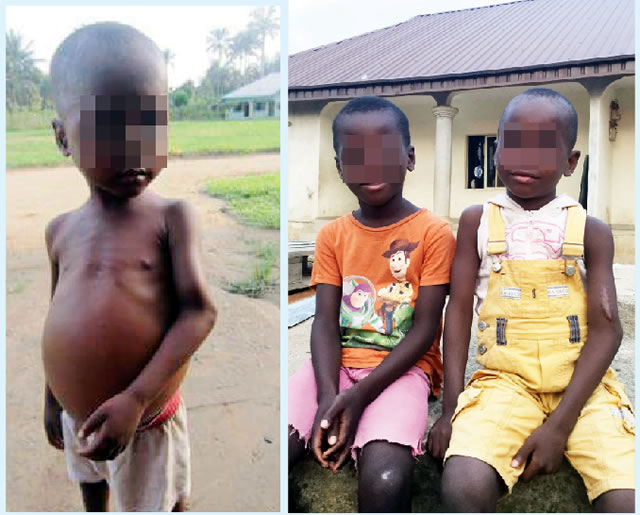This post has already been read 2252 times!
A prominent traditional ruler in the north recently decried the growing population of young children, who are orphans, in the region. He said the rising insecurity in the country had significantly contributed to this trend and warned of the consequences if those at the helm of affairs fail to do something about it urgently.
While killings, abductions, banditry and cultism, among others, occur in several parts of the country, there have been calls from different quarters for negotiation with the perpetrators of these crimes. The plans to mitigate the rising levels of insecurity have, however, neglected the adequate welfare of its victims (case in point, the orphans). If the truth be told, just as socioeconomic developments and security in any country are products of human capital investment, so is the preponderance of insecurity. In fact, insecurity is fuelled by the existence of willing, ignorant or coerced individuals who typically have nothing to lose. Unfortunately, children fit into this picture.
Although driven by the availability of people, insecurity equally ensures the availability of people, even though it sponsors gratuitous killings. The stakeholders who benefit from the proceeds of insecurity know the value of human capital and as such, they target women and children as the trophies from their escapades.
Another painful truth is that when more orphaned children are repeatedly ignored by the government and other caregivers, the more they are groomed for a life of crime. Like it or not, some of the people who perpetrate the heinous crimes, which eventually result in insecurity, are the same children of communities who have been victims of insecurity. Nobody is impervious to insecurity and its challenges, irrespective of your location, position or resources. Insecurity has a way of hunting everyone down sooner or later and if you are not a direct victim, you might just be an indirect victim when you lose your loved ones to unprovoked attacks.
While we can all talk, blame, strategise and sigh at the rising spate of insecurity in the country, posterity will not forgive us if this is all we end up doing. Fighting against insecurity is both an individual and collective responsibility.
Orphanages in Nigeria should be re-assessed to evaluate their capacities and resources. In addition, more orphanages should be established in the country. Individuals and government at all levels should assist orphanages in terms of capacity and resource building, while creating room for accountability. Data about orphaned children must be quickly collated in their communities. The information should be used to distribute these children to orphanages, if their relatives cannot be contacted immediately to take care of them.
Individuals can also work with security agencies, such as the Nigeria Police Force or the Nigeria Security and Civil Defence Corps to ensure that children who beg alms or loiter around the streets are quickly moved to orphanages, which will in turn cater to their needs. A department in each of the security agencies should be dedicated to this task because of its sensitive nature.
Furthermore, we must factor in the dynamics of foster-parenting in Nigeria. Nigerian orphanages may not be adequately equipped to provide accommodation for the large population of orphaned children scattered across the country. Such children, no doubt, need food, clothes, education and health care, alongside a good support system to thrive and this is usually present in a balanced family setting.
Families who are willing to foster orphaned children should be located and the necessary training, documentation and agreement drawn up. Religious organisations will play a very prominent role in raising awareness of foster-parenting in their gatherings, while donating more funds and materials to foster families and orphanages. This definitely does not exclude the government’s role as an administrator, provider and negotiator. Every orphan or foster child in Nigeria belongs to the Federal Government. For this reason, the government must be committed to ensuring their well-being and safety.
- Bidemi Nelson contributed this piece from Ibadan, Oyo State



